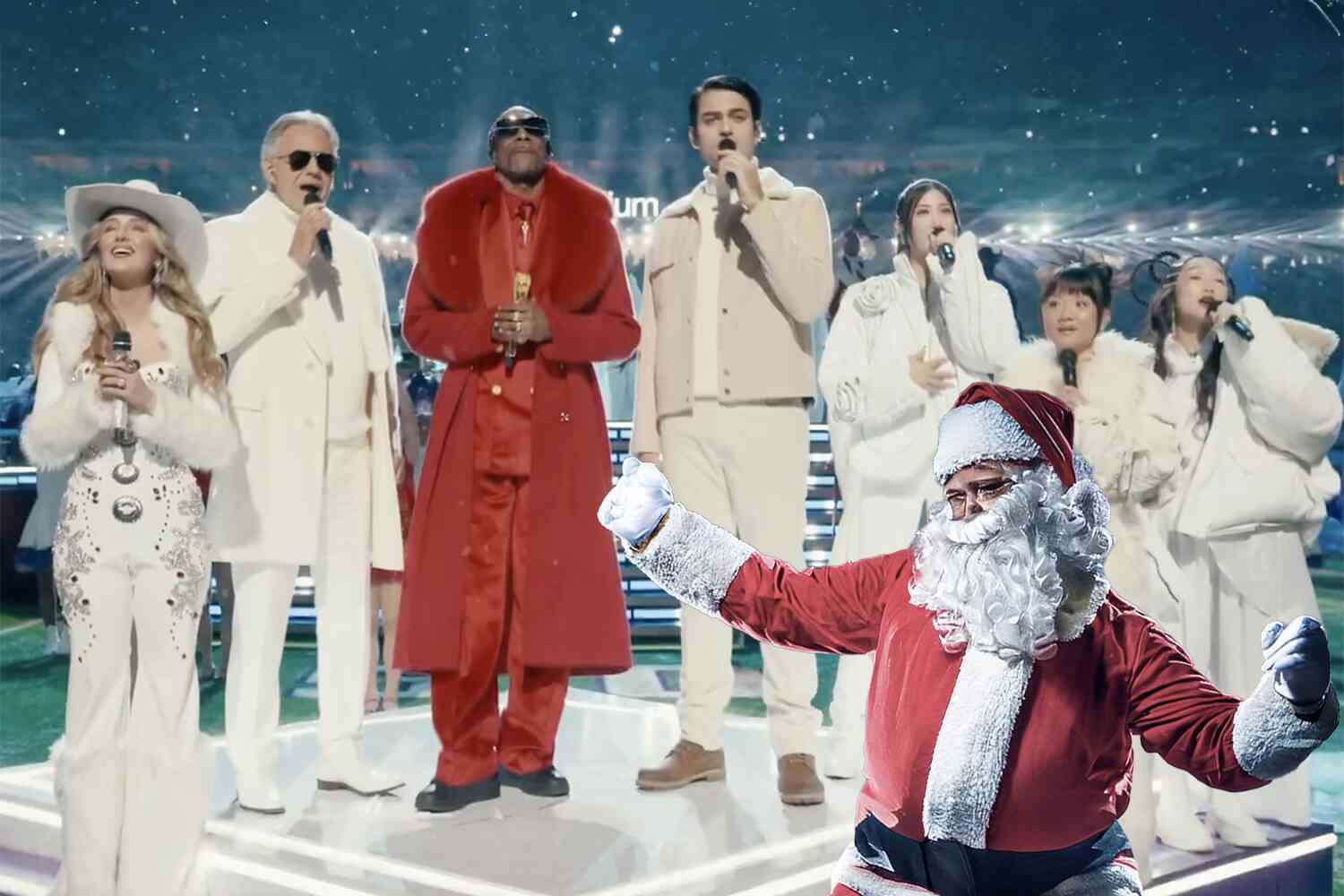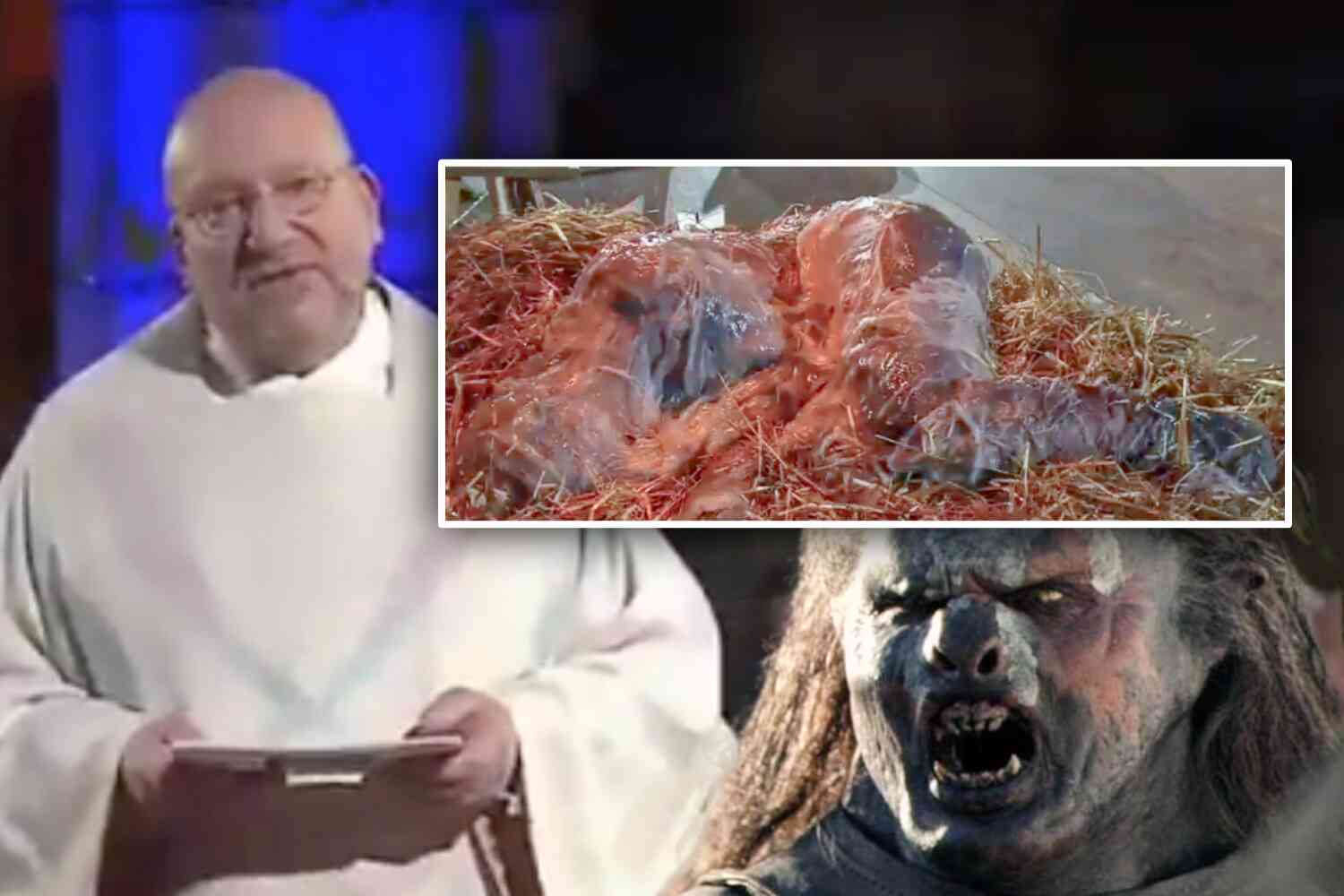Remember that important case regarding the poop-themed dog toy that parodies Jack Daniels with its Bad Spaniels toy?
The Supreme Court unanimously ruled in Jack Daniel's favor sort of, but still preserved the free speech act of parody, humor, and fair use.
The question was whether or not the court would overthrow the Rogers test, which is used by the courts to decide if a work can be considered parody, humor, and fair use.
The Rogers test comes from a 1989 case where Ginger Rogers sued famed Italian filmmaker Federico Fellini over his comedy titled "Ginger and Fred," which featured Fred Astaire and Ginger Rogers impersonators reuniting after 30 years for a television variety show.
Rogers said the documentary ran afoul of the Lanham Act, which protects trademarks from copy or dilution of goodwill.

The courts ruled against Rogers because parody is considered fair use under the Lanham act, specifically allowing for
"parodying, criticizing, or commenting upon" a famous mark owner, §1125(c)(3)(A)(ii).
Thus the case created a test that the courts can use to weigh parody.
- Does the work mislead to the source of the work?
- Does the work have some artistic relevance to the underlying work?
In the Jack Daniel's case the question is, does the dog-poop toy make fun of Jack Daniels, and the court said, "sure." Would anyone think Jack Daniel's made a poop-themed dog toy to mock itself? "No."
However, the court ruled that in this specific case the Rogers test did not apply. The rationale being that the Lanham act also specifically says that the parody exception does not apply if the work in question acts
"as a designation of source for the person's own goods or services," §1125(c)(3)(A).
In other words, there's no protection under this law if you try to trademark your parody of someone else's trademark.
And Bad Spaniels made the mistake early on of filing a complaint that said,
VIP both "own[s]" and "use[s]" the "‘Bad Spaniels' trademark and trade dress."

But the battle isn't quite over.
All the court ruled was that the lower-level appeals court had improperly applied the Rogers test to the poop-themed dog toy.
The Supreme Court remanded the lower court to further consider whether the toy company's trademark parodies Jack Daniel's enough to not be confusing to customers, and recommended review of Louis Vuitton Malletier S. A. v. Haute Diggity Dog, LLC.
The case we brought up before that bears a striking resemblance to this one and does not invoke the Rogers test to rule in favor of the parody of a trademark.
In Diggity Dog, the court defined parody:
While a parody intentionally creates an association with the famous mark in order to be a parody, it also intentionally communicates, if it is successful, that it is not the famous mark, but rather a satire of the famous mark.
While, I'm no judge, I still think Bad Spaniels manages that aspect of parody fairly well.
In the end, it may just come down to VIP not being able to trademark their Bad Spaniels parody.









